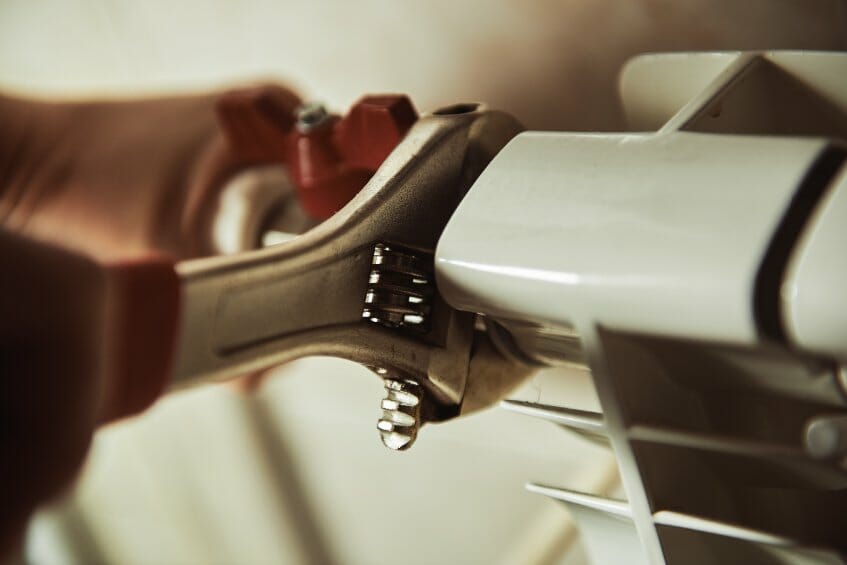Introduction
Plumbing problems are among the most common issues homeowners face. However, you can avoid these issues with preventive maintenance and know-how. Fortunately, experienced professionals such as Portland plumbers can guide you through maintaining a well-functioning plumbing system. This article will cover practical ways to prevent plumbing problems at home, giving you peace of mind and a smoothly operating plumbing system.
Regular Maintenance Checks
Regular maintenance is crucial in preventing plumbing issues. Checking for leaks, inspecting water pressure, and ensuring all faucets function correctly can save you a world of trouble. Creating a maintenance schedule is a simple way to keep your plumbing in check. You can set reminders to review your plumbing system’s different aspects every few months. Make a checklist of areas to inspect, such as under sinks, around toilets, and even your water heater. If you notice anything unusual, addressing these issues promptly is best to prevent them from escalating into more significant problems. For instance, a small leak can eventually cause water damage and mold growth, which is far more costly.
Use Environmentally Friendly Products
One effective way to maintain your plumbing system is using environmentally friendly products. Harsh chemicals can corrode pipes and cause long-term damage. Opt for natural cleaning agents or products designed to be safe for your plumbing. It is not only suitable for your pipes but also for the environment. For instance, many commercially available drain cleaners contain acidic substances that can erode your pipes over time. Alternatively, you may unclog minor blockages using vinegar and baking soda.
Address Minor Issues Immediately
If ignored, little plumbing problems like a leaky faucet or a slow-draining sink can become larger ones. These issues often indicate underlying problems that require immediate attention. For instance, a dripping faucet could indicate a worn-out seal, leading to more extensive leaks. A slow drain could be caused by buildup, causing a complete blockage. Addressing these minor issues early prevents them from becoming costly repairs and saves money in the long run.
Be Mindful of What Goes Down the Drain
One of the most common causes of clogs is flushing or washing down items that shouldn’t be in your pipes. Items like grease, coffee grounds, and fibrous fruits and vegetables can cause severe blockages. To prevent this, waste should be disposed of appropriately. Use strainers in sinks to catch food particles, and refrain from using your toilet as a trash can. Even products labeled as “flushable,” like specific wipes, can cause issues in your plumbing system. This simple habit change can go a long way in maintaining a healthy plumbing system. Furthermore, educating your household on what should and shouldn’t go down drains helps preserve the integrity of your pipes and saves you from inconvenient clogs.
Insulate Your Pipes
Insulating your pipes may seem like an additional task, but it is essential, especially in colder climates. Frozen pipes can burst, causing significant water damage and requiring extensive repairs. To warm the area surrounding your exposed pipes, wrap them in foam pipe insulation. This preventive measure is substantial in basements, attics, and other unheated spaces. Insulating your pipes prevents them from freezing in the winter and helps maintain an efficient water temperature, leading to less energy consumption. Doing this ensures a smooth water flow throughout the seasons and minimizes the risk of costly repairs due to burst pipes.
Regularly Clean Your Gutters
Gutters are essential for controlling water flow from your roof. Clogged gutters can collect water around the foundation of your house, harming the plumbing system. To avoid this, make sure you clean your gutters regularly. Clear leaves and other debris that may gather throughout the fall and obstruct the water’s flow. This straightforward precaution lets you keep your plumbing system in good working order and shield your house from future water damage.




